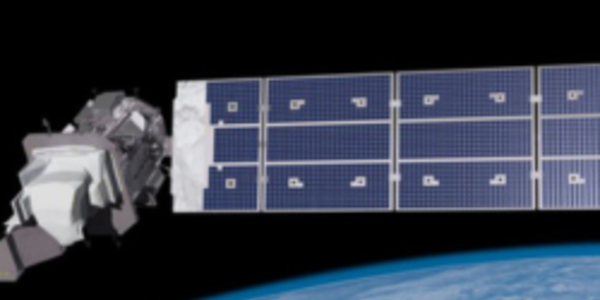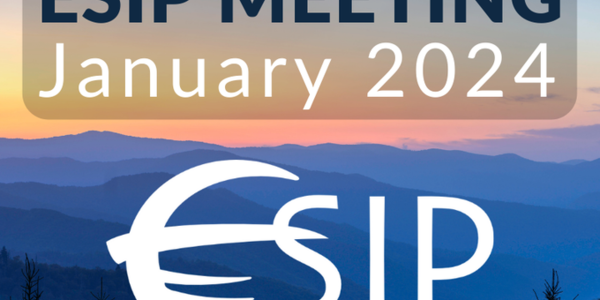
Here at NCEI, we aren’t just data—we are people. In our Humans of NCEI series, meet the awesome minds that manage one of the largest archives of atmospheric, coastal, geophysical, and oceanic research in the world. Get to know Ebenezer Nyadjro, PhD, an expert in physical and satellite oceanography. An associate professor with Mississippi State University through the Northern Gulf Institute, a NOAA Cooperative Institute, Eben helped NCEI develop a global microplastic database to improve understanding of the global microplastic pandemic.
What was your first job? How did it prepare you for your current position?
Teaching & Research Assistant at the University of Ghana. It exposed me to various aspects of oceanography. I went to sea to collect data, was able to collaborate with other oceanographers from different countries, and learned helpful tools for data collection and analysis.
How did you end up at NCEI?
I was hired to help develop a global microplastic database for NCEI. This will create a one-stop inventory of data needed to effectively understand the global microplastic pandemic.
What does a usual workday look like for you?
I typically first check and respond to my emails. I then go through my materials I need for meetings for that day, if any. The rest of the day is spent on working on the various projects that I am on. These typically include collecting, processing, and analyzing data, and preparing reports and manuscripts.
What question are you asked most often when someone finds out what you do? How do you respond?
“Aren’t you afraid of the sea?” I tell them no, and also that not all oceanography work takes place at sea. Most of what we do actually takes place in labs and on computers.
What sort of training and education would one need for your job?
A strong background in the basic sciences, physics and math. One also needs graduate education in physical oceanography or other allied fields such as atmospheric sciences and earth sciences. A good knowledge of computer programming is also required.
What inspired you to pursue a career in your field?
I grew up near the beach and also followed my dad to the harbor sometimes. The sight of the ocean and boats drew me in.
What projects are you working on now? Are there any upcoming projects that you are excited about?
I am currently developing a global microplastic database for NCEI. I am also helping to process oceanographic data (e.g., temperature, salinity, and currents) for the tropical oceans.
What is your favorite aspect of your job?
When I get a manuscript accepted in a good, peer-reviewed journal.
What challenges have you had to deal with in your career?
Moving from Africa and settling into a new culture in the U.S.
Who are you outside of your career?
I am a big soccer fan. I also love to travel and explore nature and historical sites.
Is there anything else you would like people to know about you?
I love the ocean and our environment, and I look forward to a day when we will have less plastic pollution.



